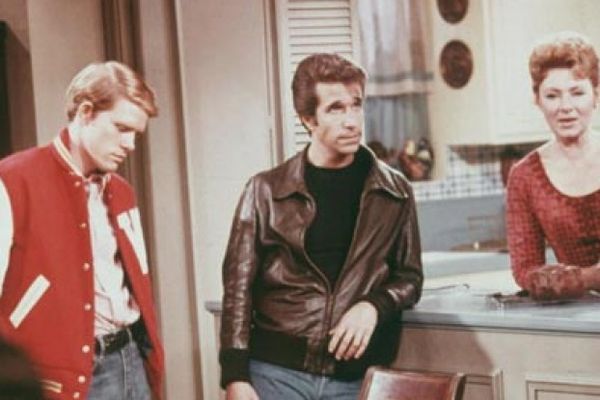A modern TV viewer would probably see little resemblance between the earliest television advertisements and the modern TV environment. From flat-screen HDTVs to small, flip-open screens, TV viewing has become part of everyday life, far removed from the luxurious event that watching television was in its earliest days. TV -- and the way we view it -- has come a long way from the days of small, black-and-white sets.
That evolution has changed more than just technology, programming or the way we watch, however; our culture has been drastically altered by the glowing sets in our living rooms and dens. For better or worse, America has changed in ways that it might not otherwise have, thanks to our widespread adoption of TV.
Advertisement
The early days of America's relationship with TV were much like the start of a love affair. Television was a new, expensive luxury in the 1940s, and set producers advertised their wares with images of parties and people clustered around the tiny black-and-white screens. Television was something to prepare for, and watching it was often an event that the new TV owner invited his friends over to enjoy.
As TVs became more affordable and appeared in more homes, that image shifted: Instead of the host showing off his set to the neighbors, we now saw happy families gathered around the warm glow of the TV. An entire generation of Baby Boomers grew up with memories of their families replicating this scene, especially as the TV picture bloomed into color with family-themed programming such as Disney's "Wonderful World of Color" [source: Baird].
Next, we'll take a look at some of TV's influences on both the job market and society as a whole.
Advertisement



